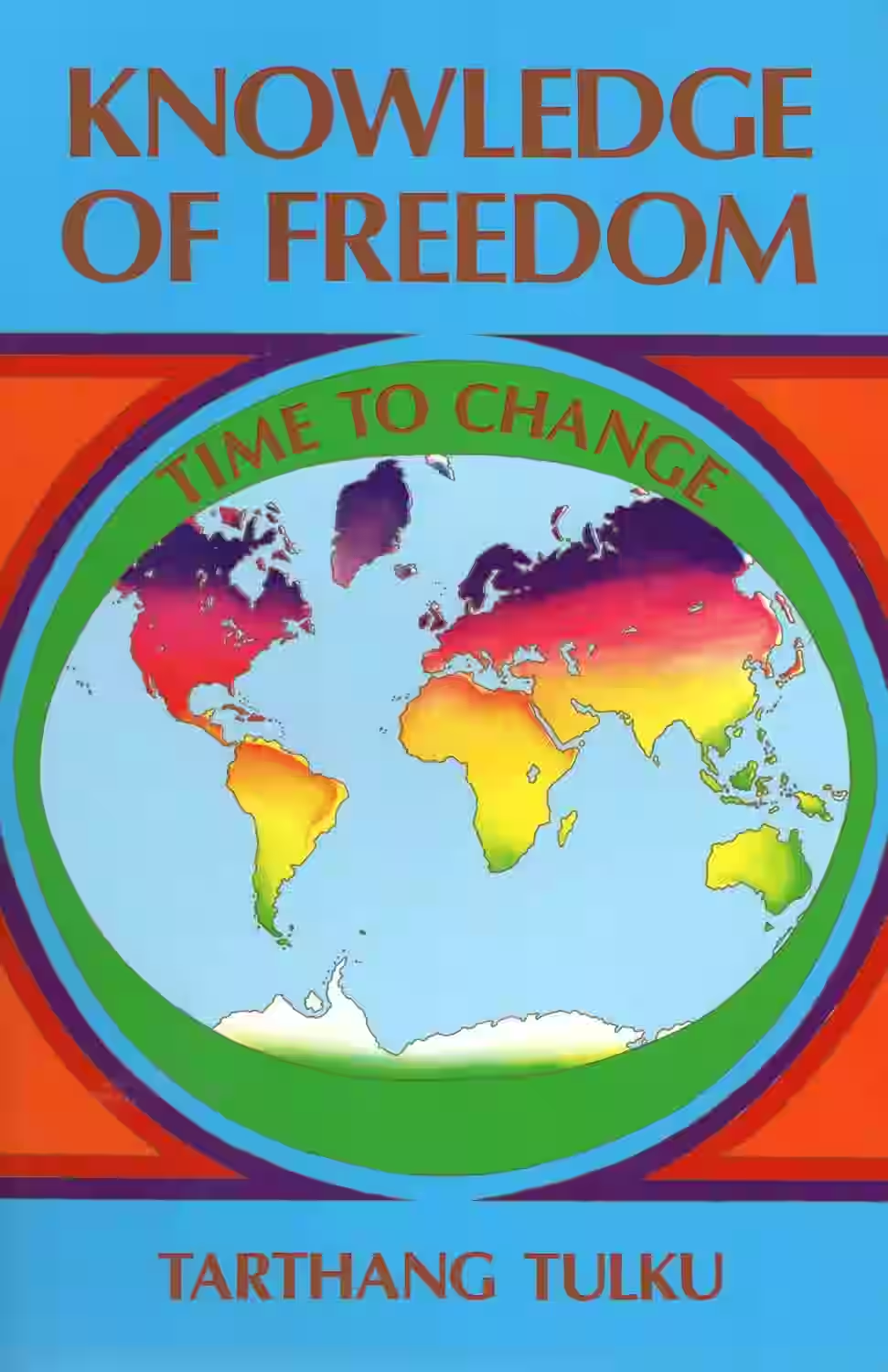
Freedom from the Known is a collection of profound and accessible talks by spiritual teacher Jiddu Krishnamurti. He explores the nature of thought, fear, and the search for truth, urging readers to break free from conditioned beliefs and seek direct understanding through self-awareness and questioning.
About Tarthang Tulku
A Tibetan Buddhist lama, author, and teacher, who brought the Nyingma lineage to the West. His extensive writings, including Kum Nye Relaxation and Skillful Means, offer profound insights into Buddhist philosophy, meditation practices, and applying spiritual principles to daily life. Tarthang Tulku's teachings emphasize mindfulness, self-awareness, and cultivating inner peace through practical exercises.
Similar Books
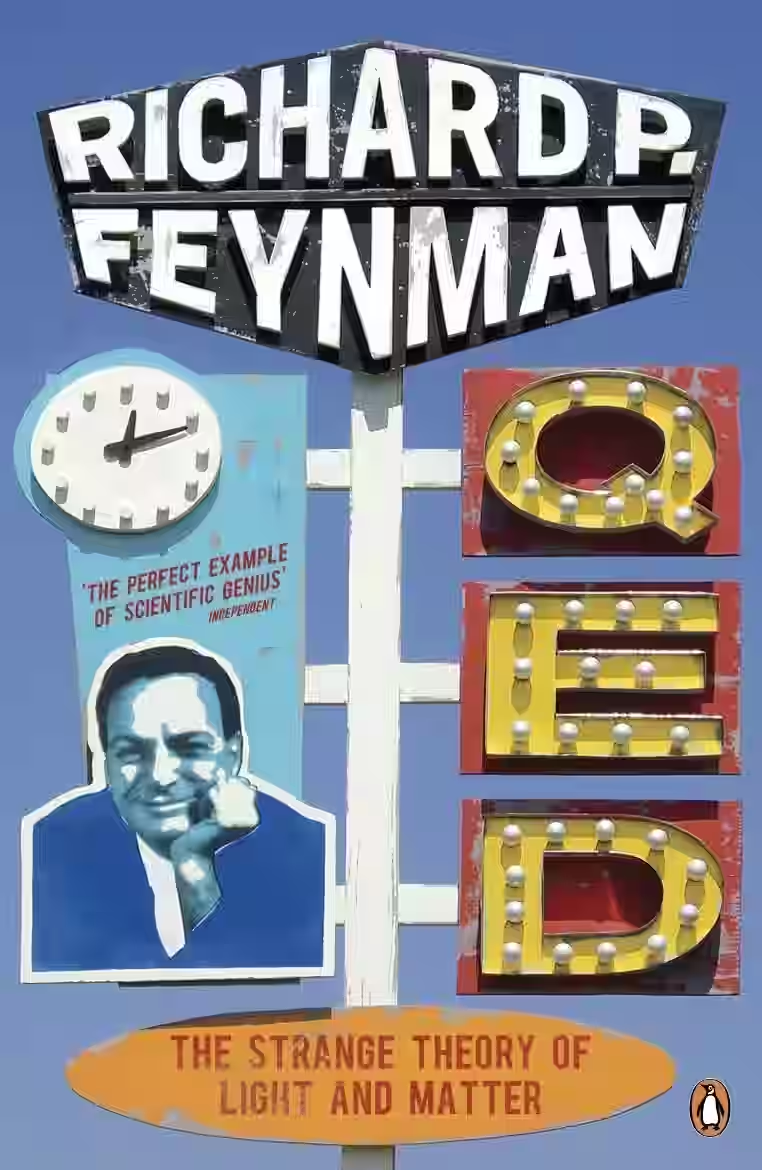
QED: The Strange Theory of Light and Matter
Nobel laureate Richard P. Feynman unravels the revolutionary science that earned him the prize with his signature lucid and witty style. Quantum electrodynamics, or QED, is the theory explaining the intricate interactions between light and electrons, illuminating the deepest mysteries of our universe. Celebrated for its accuracy and enduring validity, QED, thanks to Feynman and his colleagues, stands as a cornerstone of modern physics. Through engaging everyday examples, Feynman delivers the definitive and accessible introduction to this profound theory.
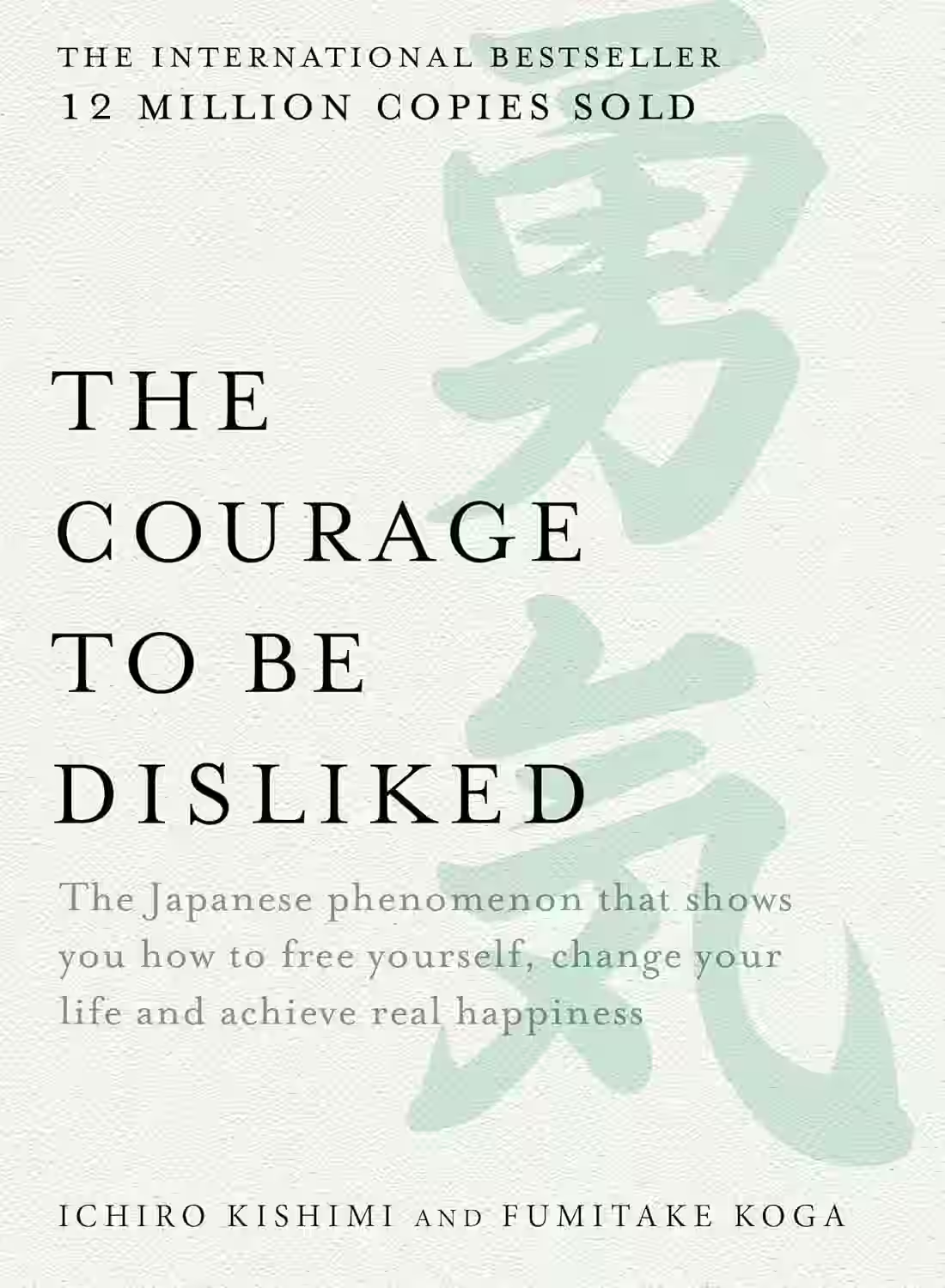
The Courage To Be Disliked
by Ichiro Kishimi, Fumitake Koga
This bestselling Japanese philosophy book presents a dialogue between a philosopher and a young man, exploring ideas based on Alfred Adler's psychology. It argues that happiness lies in the courage to be true to oneself and to reject the need for approval from others. Through a Socratic conversation, it challenges readers to let go of past trauma, take personal responsibility, and live with freedom. The book encourages breaking free from societal expectations and embracing a more purposeful, self-directed life.
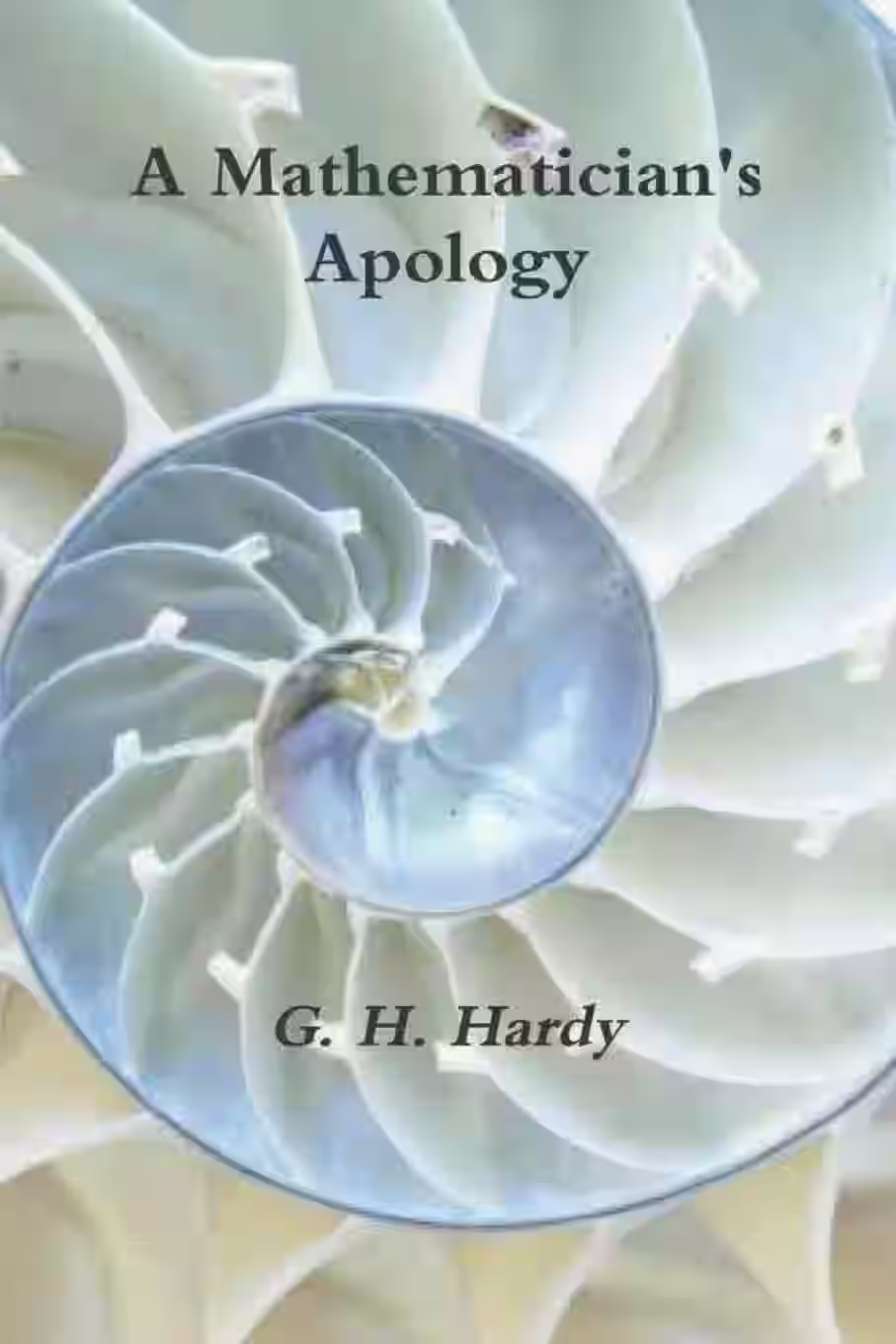
A Mathematicians Apology
by G.H. Hardy
In this reflective essay, esteemed mathematician G.H. Hardy defends pure mathematics, emphasizing its intrinsic beauty over practical applications. Written during his later years, Hardy offers insights into the creative process of mathematical thought and the aesthetic pleasure derived from abstract reasoning. The work serves as both a personal memoir and a philosophical treatise, highlighting the enduring value of intellectual pursuits for their own sake.
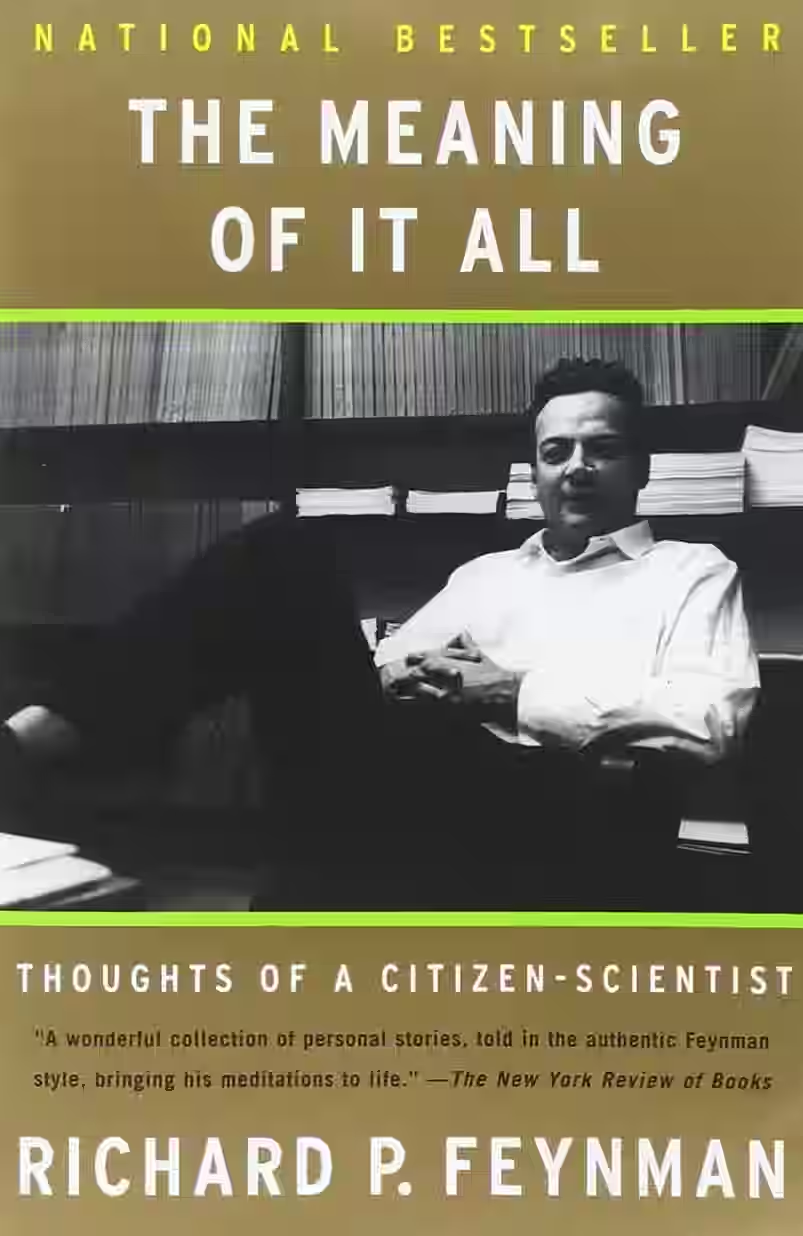
The Meaning of It All
This collection of three lectures by Nobel laureate Richard Feynman explores the relationship between science, religion, and society. Feynman discusses the value of doubt, the importance of scientific integrity, and the challenges of communicating scientific ideas to the public. His reflections offer a candid and insightful perspective on the role of science in understanding the world and addressing human concerns.